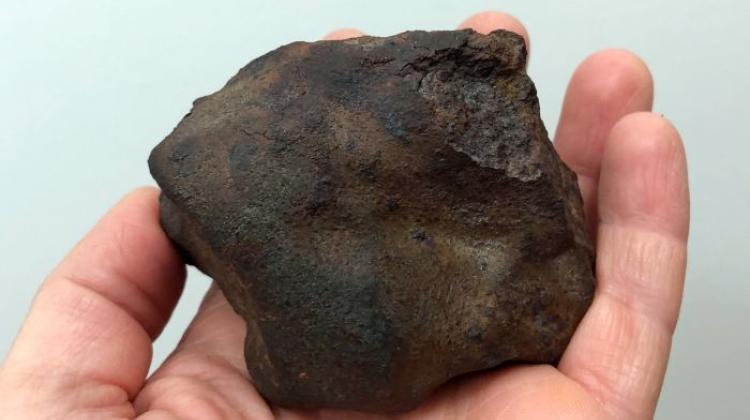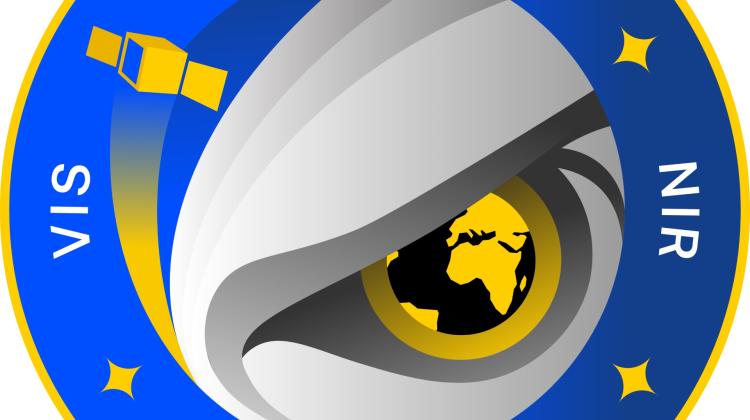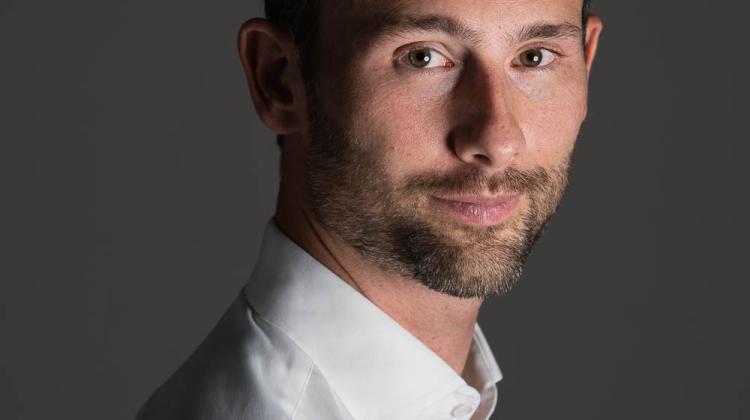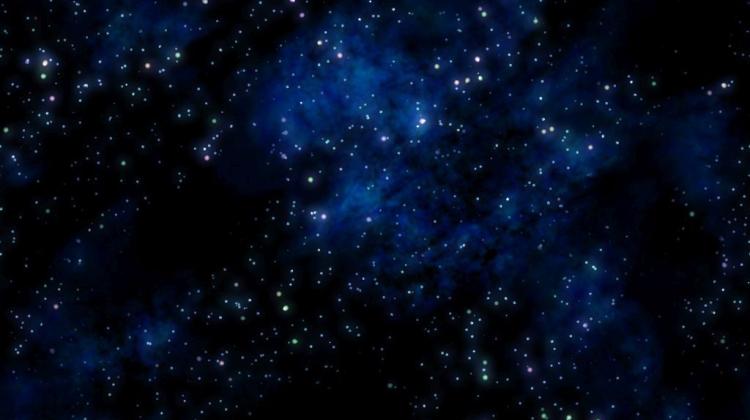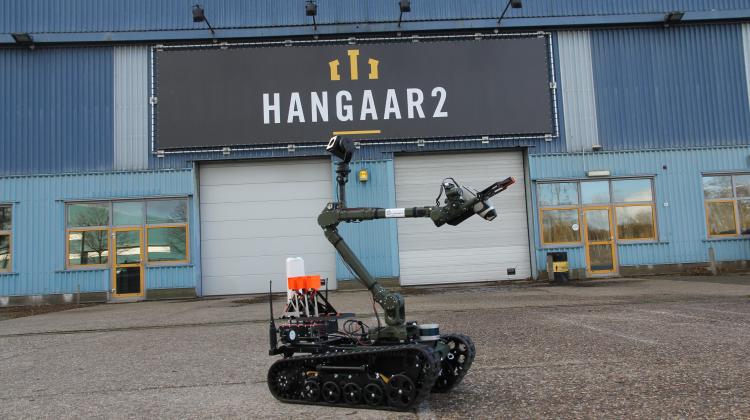The creators of space drill waiting for the support of Internet users
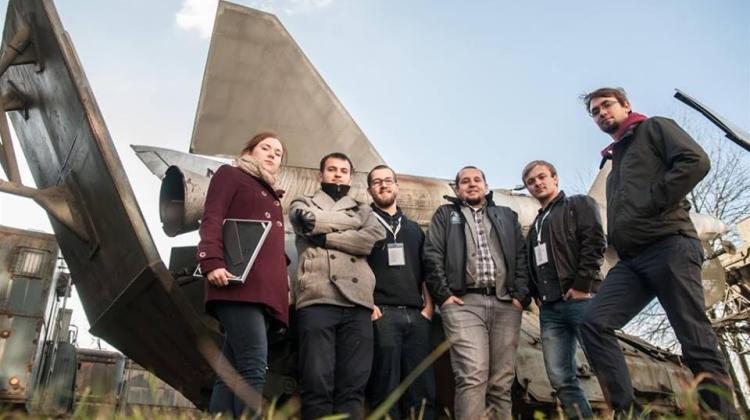
Students from Wrocław can make their scientific dream come true and send their experiment into space in the project DREAM. On the ESA rocket they will test drilling in space conditions. But to realize their plan, they need financial support of Internet users.
REXUS/BEXUS is an European Space Agency (ESA) program conducted in cooperation with the Swedish National Space Board (SNSB) and the German Space Agency. REXUS/BEXUS stands for Rocket/Balloon Experiments for University Students. On board of a rocket or balloon students can send their experiments to an altitude of 80-90 kilometres.
Students of Wrocław universities have already qualified for the program. In the experiment DREAM (DRilling Experiment for Asteroid Mining) they want to examine the drilling process in conditions of microgravity and pressure in space. "The platform that could enable such tests is a REXUS/BEXUS rocket" - told PAP Dorota Budzyń from Wroclaw University of Technology.
If you drill in the ceiling in an apartment, dust will fall on your head. In other words - downwards, because that\'s how the Earth\'s gravity works. It is not that simple in space. How will particles behave? In which direction will they fly? At what angle? How fast? Students from Wrocław are looking for answers to these and many other questions. Already in March this year, the rocket launched from the Swedish spaceport in Kiruna Esrange carrying their experiment should climb above the atmosphere, to provide 120 seconds of microgravity and vacuum - that is, the conditions of space.
"We want to see how our device behaves when drilling: how temperature is distributed in a vacuum, what the stresses will be in absence of gravity. We will also study what happens to dust, which is produced during the drilling" - described Budzyń in an interview with PAP.
She admitted that Polish scientists, for example researchers from the Space Research Centre PAS, had designed professional equipment for drilling and sampling in space. However, the students\' mission will have a slightly different task. "Previous Polish achievements and devices are designed for sampling. Our goal is not to collect samples. We want to look at the scientific side of the process and carefully analyse its course and the processes that take place" - she told PAP.
But for that to happen, students need funds to complete the project and seek support of Internet users on one of the crowdfunding sites. The amount of 25 thousand zlotys is 100 percent funds needed to allow the seven-person team to fly to the Arctic Circle, the Swedish Kiruna. A trip to Kiruna consists of a plane flight, two weeks stay and return flight. "Given the level of complexity of the experiment and a huge number of elements used in the project, the whole team has to go. Otherwise we simply would not be able to handle the huge amount of tasks and tests that await us before the rocket launch" - emphasise the authors of the DREAM experiment.
For now, the students have raised over 10 thousand zlotys. Those who choose to support the project, can count on mugs, t-shirts, their names engraved on the experimental equipment, receiving some of the equipment, and even the motor used to drill in space. The value of the prize depends on the amount of provided support.
Detailed information is available at:
https://odpalprojekt.pl/projekty/pokaz/1170,projekt-dream
PAP - Science and Scholarship in Poland
ekr/ mrt/
tr. RL
Przed dodaniem komentarza prosimy o zapoznanie z Regulaminem forum serwisu Nauka w Polsce.


